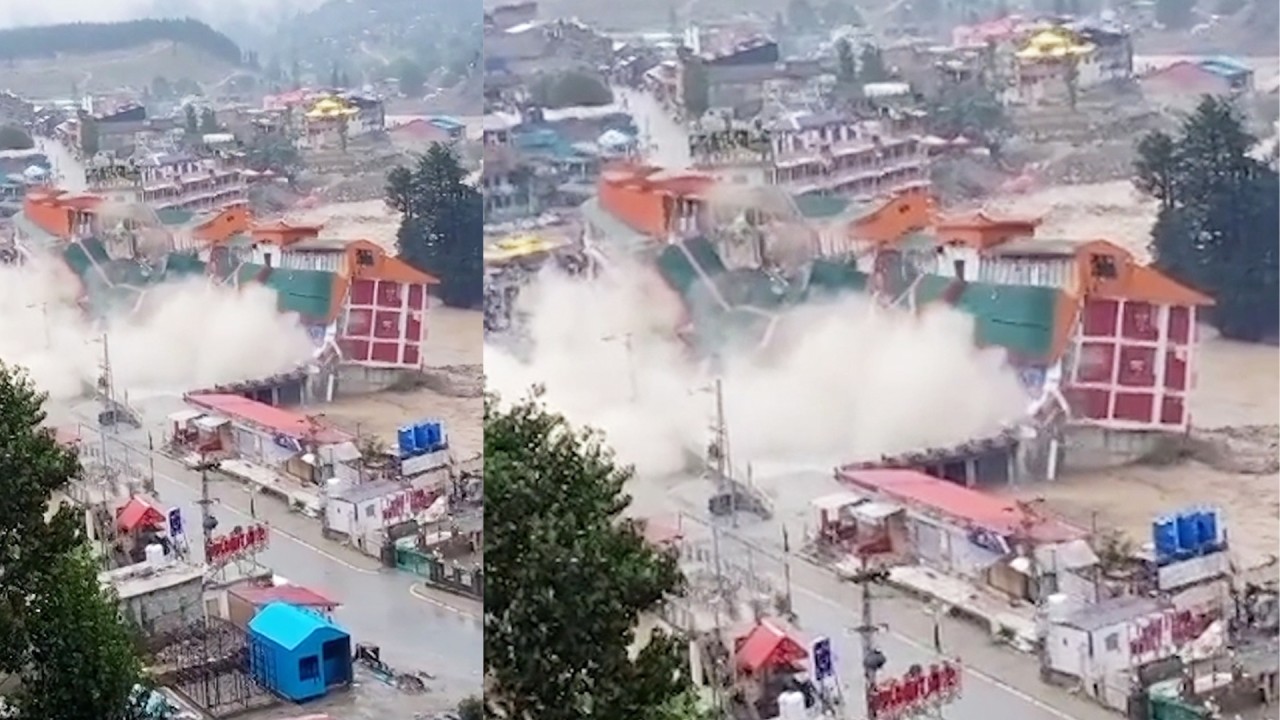Advertisement
Macroscope | Summer of drought and floods shows the need to tackle economic impact of climate change
- The economic, financial and political effects of climate change are already visible, with the disruptions experienced this summer a preview of things to come
- With extreme weather increasing in frequency and intensity, it’s past time for governments and investors to factor climate change into their decisions
Reading Time:3 minutes
Why you can trust SCMP
1

Extreme weather and natural disasters are happening regularly. With climate change, these incidents are becoming more frequent and their economic impact is getting more serious.
Advertisement
While many governments have pledged to become carbon neutral in the next 30 to 40 years, additional policies are needed to address the more immediate effects of these disasters. Not only will these solutions require additional resources from governments, they need to be innovative as well.
This summer, we have seen heatwaves in many parts of the world, including Europe, South Asia and China. Closer to home, July was the hottest month in Hong Kong since records began in 1884. For many parts of Europe, the heat caused disruption in airports as their runways were not designed to operate at such high temperatures. Construction and outdoor activities were put on hold.
The heat also led to droughts and brought disruption to transport and power generation. Rivers are important routes for moving goods and people and, in Europe and China, they were cut off by low water levels. This also meant hydroelectric power stations don’t have enough water to operate. In France, nuclear power stations have had to reduce their output because the water from nearby rivers has become too warm to properly cool the plants.
Meanwhile, other parts of the world experienced devastating flooding. Pakistan’s floods have killed more than 1,400 people while another 33 million have been affected. Seoul saw its highest rainfall in more than 100 years, and the subsequent flooding killed 13 people and damaged thousands of buildings.
It is undeniable that rising global temperatures are causing this extreme weather. The humanitarian and economic costs of these disasters are expected to rise over time. These could be real tests for governments’ policies aimed at reducing greenhouse gas emissions in the coming decades while at the same time addressing the immediate aftermath of these disasters.
Advertisement

Advertisement

